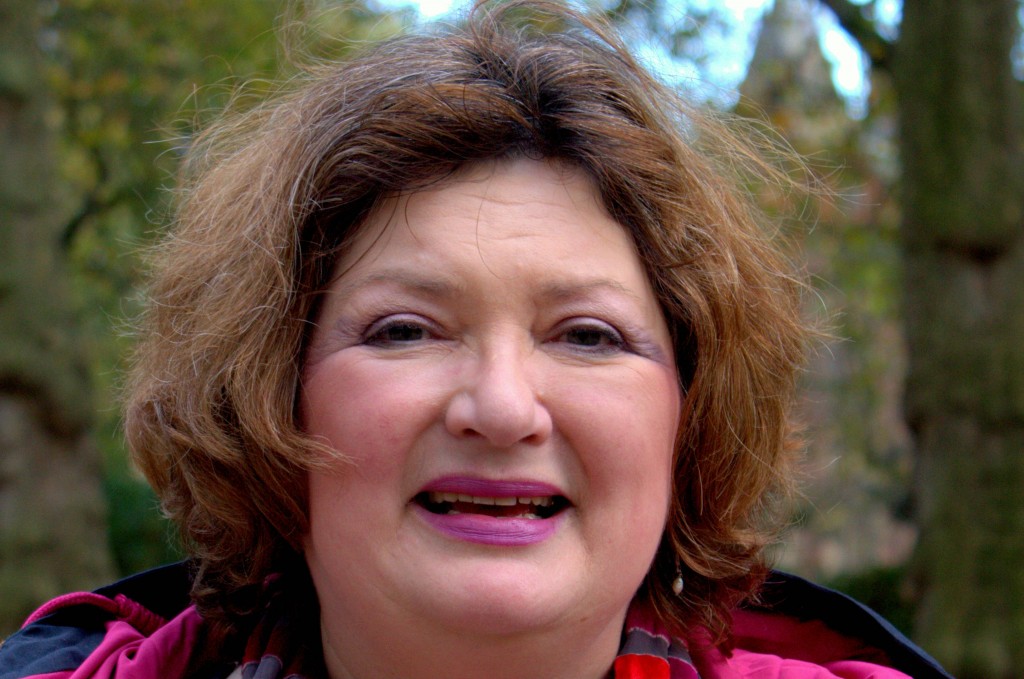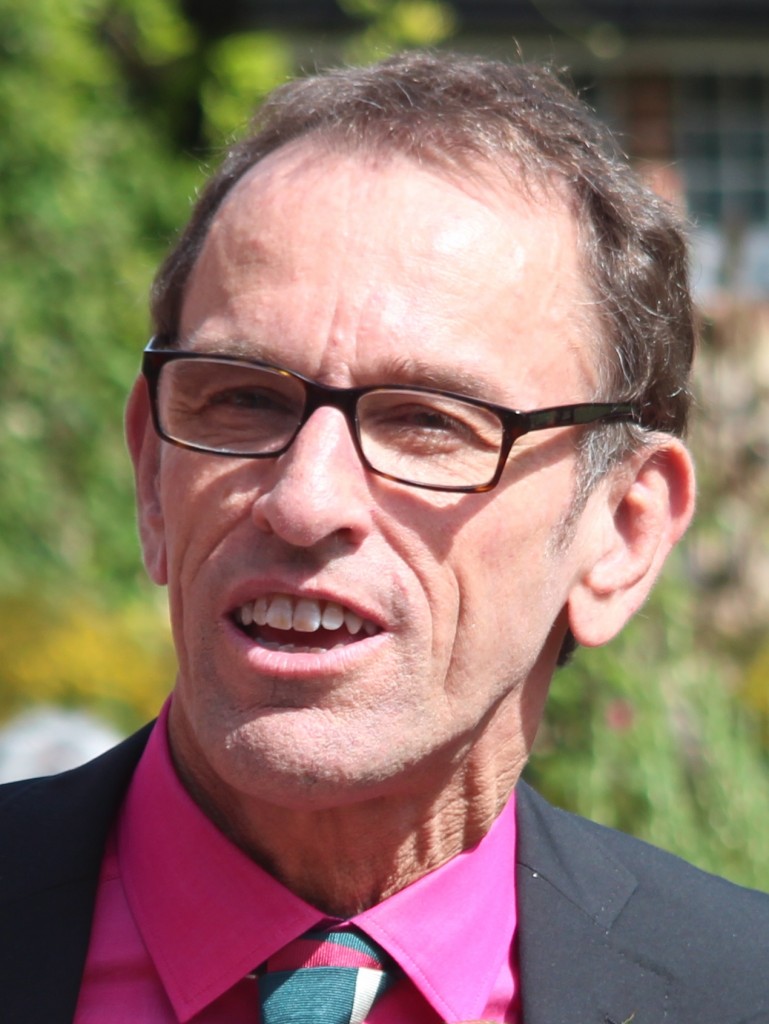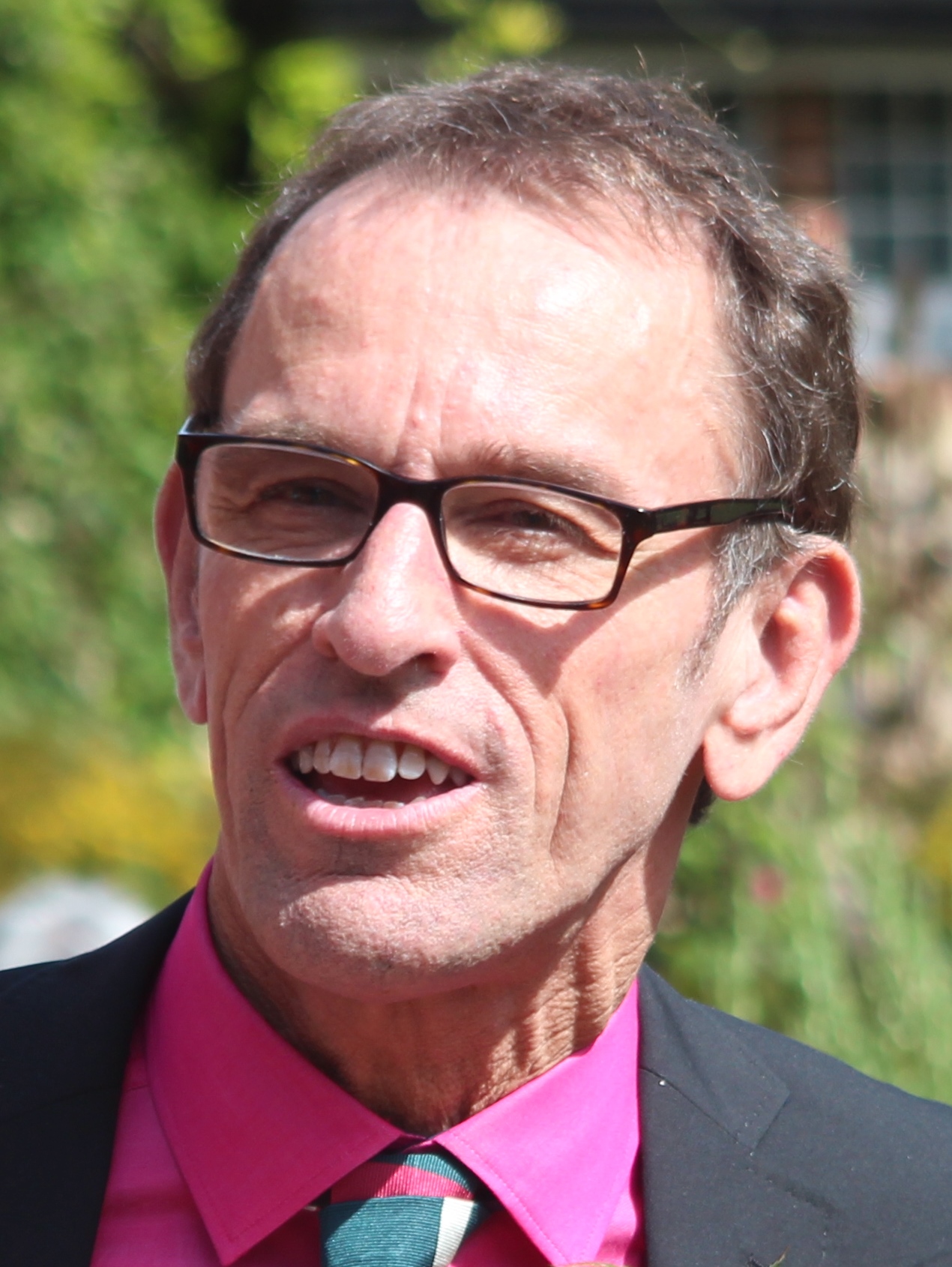Caroline Norrie, Research Fellow at the Social Care Workforce Research Unit at KIng’s College London, and Esther Njoya, Research Intern at the Unit, report on a meeting held earlier this month at which the Care Quality Commission (CQC) was put on the spot by parliamentarians, professionals and the public.
The public had a chance to ‘challenge the CQC’ at an event held on 11 June at the House of Commons. This was an opportunity for the public, patients, and health and social care professionals to question representatives of the Care Quality Commission (CQC) about its work and especially the proposed changes to the regulation of primary and integrated care.
Held under the aegis of the All-Party Parliamentary Health Group, the meeting was chaired by Dr Sarah Wollaston MP with a panel made up of Chairman of the CQC, David Prior and Chief Inspector of General Practice, CQC, Prof Steve Field. Dr Sarah Wollaston opened the meeting with a brief description of the role of the CQC as independent of government and committed to transparency and the integration of health and social care.

Chairman of the CQC, David Prior
Following the Winterbourne View TV exposé and Serious Case Review the CQC has been making significant changes. These are summarised in its strategy, Raising standards, putting people first – Our strategy for 2013 to 2016, which it has been consulting on. As part of a new inspection regime, the five new key domains the CQC will be inspecting in all services are safety, effectiveness, caring, responsiveness to people’s needs and leadership. The new style inspections are being trialled in hospitals, mental health and community health services, and, since April 2014, in adult social care services and GP practices.
As has been widely reported, inspections are now being carried out by specialists (including experts by experience) within professional areas rather than generalists. Services will soon be graded as outstanding, good, requires improvement or inadequate. The CQC hopes this new grading system will encourage service improvement. The CQC has also undertaken a review of care homes and found about 3,000 care homes with no qualified registered managers; in some of these the owners have been penalised. Finally, a new aim of the CQC is to understand and measure service users’ experiences of integrated working. Final plans will be published in September 2014 and come into effect in October 2014. This meeting was part of CQC’s strategy to engage the public in this change process.
Professor Field outlined in more detail his vision for inspection in primary care, which includes improved access to care for vulnerable people (such as homeless people, people with learning disabilities, and sex workers, among others). The CQC will use ‘levers’ to improve integrated care and its commissioning. The aim is to ‘celebrate good practice as well as shining the light on poor practice.’ He outlined all the areas that are covered by CQC primary care inspection including GPs, dentistry, mobile doctors (e.g. the 111 service) medicine management, prisons and safeguarding.
The majority of this forum was taken up with discussion around a wide range of questions from the audience.
Baroness Hollins, a prominent Learning Disabilities (LD) campaigner, urged the panel to introduce levers to ensure GP practices fulfilled the regulation of noting when a patient has a learning disability. She asked whether the CQC had made any headway in implementing the recommendations set out in the Confidential Inquiry into premature deaths of people with learning disabilities (CIPOLD). She stated that 37% of the deaths of learning disabled people were preventable—making this a discriminated against group. Prof Steve Field replied he was taking notice of the comments and that such implementation might be possible using intelligent monitoring (a new system being developed to combine informal intelligence and formal performance management data).
Several service users and carers used this meeting to complain about lack of joined-up services and inequality between London boroughs in the provision of mental health services. Suggestions were made about providing crisis phone lines, which might reduce hospital admissions. The speakers took notice of these comments and also offered the audience information about making complaints to local Health and Well-being Boards (HWBs) and the CQC call centre in Newcastle.
A representative from Healthwatch asked about links with the CQC and how to make the most of their work (e.g. their role in being able to enter and view services) while avoiding duplication of roles. Prof Steve Field answered that the CQC was focused on ‘listening to people on the ground’ and the HWBs acted like the ‘eyes and ears of the CQC’ and so both organisations should be working together. It was not entirely clear how these mixed metaphors would work locally,
Concerns specifically relating to GPs were raised—for example, out-of-hours services, the trend for phone rather than face-to-face consultations, and regulation of single-doctor practices. Service users asked when electronic patient records were going to be introduced and whether patients would have permission to check and amend their own records. Questions were also asked about regulation of follow-up-care and post-discharge services and insurance for independent midwives.
Another representative from a Healthwatch organisation, who declared that they were willing to support individuals who wanted to expose acts of neglect and abuse in care homes as whistleblowers or witnesses, asked whether there were avenues that such organisations could use to effectively collaborate with the CQC. She observed that they could contribute to the CQC’s work in providing oversight roles for inspections, regulation and monitoring, as it was evident to her that the CQC had overlooked previous cases of abuse scandals—for example the case in The Old Deanery home, which was shown by Panorama at a time when CQC was actually carrying out an ongoing inspection. Professor Field replied by saying that it was unfortunate that such an incident had happened while still under their scrutiny, but that at the time they had relied on information from the management of the home. He reiterated that the CQC welcomes the contribution of Healthwatch organisations who are able to provide information.
In contrast, Paul Beresford MP noted his concern about over-regulation and suggested closer working together of the General Medical Council (GMC) inspections and the CQC. Professor Field replied that this was in the pipeline, and there were general murmurs of approbation to this news.
A representative from the care home sector then put forward the case for private providers. He said there was a danger that good quality operators offering services for people with long-term conditions would be driven out of the sector due to the growth of regulation. He called for increased funding and more training to be made available for care home managers. Prof Steve Field agreed, but noted that care homes should also take some responsibility for training and ensuring that their members of staff have care home management skills and professional qualifications.
One member of the audience questioned whether the CQC has capacity to undertake this more stringent inspection regime. Professor Field replied that the CQC was recruiting more staff and that it did have capacity to undertake the work. The best providers will only be regulated once every two years, rather than annually as is currently the case.
As researchers currently involved in projects about adult safeguarding, this meeting provided an interesting insight into the CQC’s vision for regulation. Plans for the CQC to carry out more stringent inspections of social care services and to use their powers to encourage more effective joined-up working across health and social care sounded highly positive aspirations—although the policy shift to more infrequent inspections of the ‘best homes’ needs to be tempered by an acknowledgement of the risks of such homes being quick to deteriorate.
Caroline Norrie is Research Fellow at the Social Care Workforce Research Unit at King’s College London. Esther Njoya is a Research Intern at the Unit.

 Researchers Caroline Norrie (right) and Stephanie Bramley from the Social Care Workforce Research Unit at the Policy Institute at King’s College London attended the 5th annual Harm-Minimisation Conference on Wednesday 6 December and Thursday 7 December 2017. (1,233 words)
Researchers Caroline Norrie (right) and Stephanie Bramley from the Social Care Workforce Research Unit at the Policy Institute at King’s College London attended the 5th annual Harm-Minimisation Conference on Wednesday 6 December and Thursday 7 December 2017. (1,233 words)




